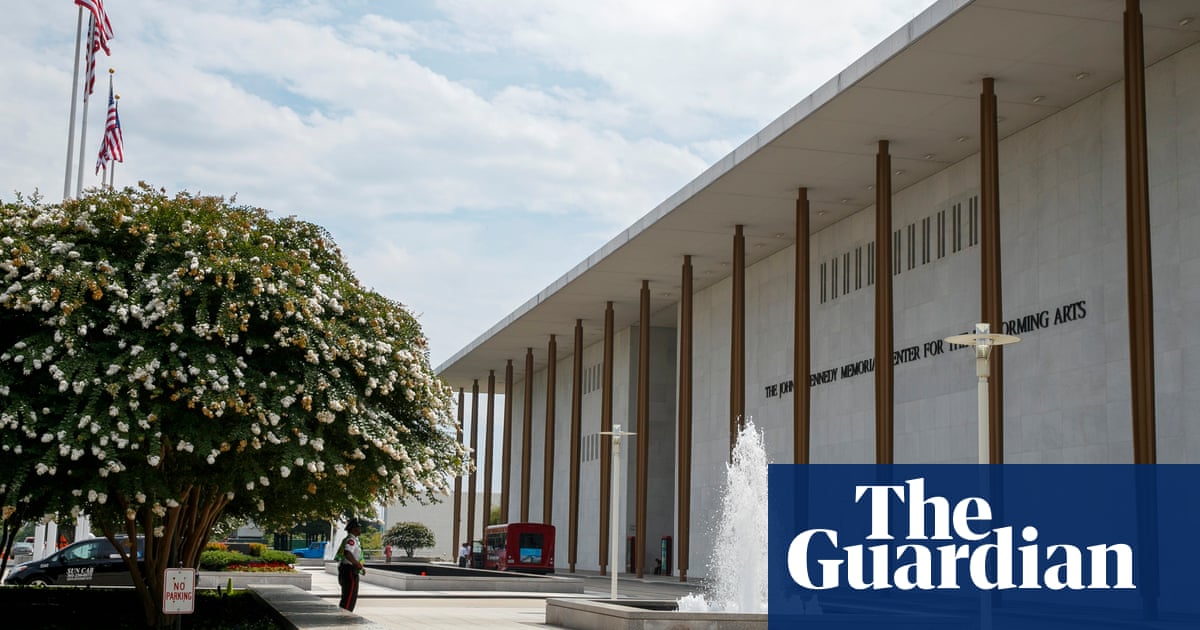At least 10 cast members from the current North American touring production of Les Misérables are choosing not to participate in an upcoming performance at the Kennedy Center in Washington DC, in order to boycott the anticipated attendance ofDonald Trump, according toCNN.
Cast members were reportedly given the option to opt out of the 11 June show. The production has not publicly identified which individuals will not be performing.
This performance coincides with a fundraising event Trump is hosting to support the Kennedy Center. Sincebecoming chairof the theater’s board in February, the president has reshaped the board with his own appointees, and the former Kennedy Center president Deborah Rutter has been replaced by the Trump ally Richard Grenell.
In a statement shared with the Guardian, Grenell said that those at the Kennedy Center “haven’t heard this rumor”. He added that the center “will no longer fund intolerance. Any performer who isn’t professional enough to perform for patrons of all backgrounds, regardless of political affiliation, won’t be welcomed.”
Grenell continued: “In fact, we think it would be important to out those vapid and intolerant artists to ensure producers know who they shouldn’t hire – and that the public knows which shows have political litmus tests to sit in the audience.
“The Kennedy Center wants to be a place where people of all political stripes sit next to each other and never ask who someone voted for but instead enjoys a performance together.”
It was reported by theNew York Timesthat on 6 May, a House committee approved a proposed $257m budget allocation for the Kennedy Center, after Trump had publicly criticized the condition of the building.
The president’s request for funding follows his recent moves tocut federal supportfor the National Endowment for the Arts (NEA). These cuts could result in rescinded grants for non-profit theaters across the country if approved by Congress.
Several arts organizationshave sued the NEAover its new requirements following Trump’s executive order barring the use of federal funds for the promotion of “gender ideology”.
Sign up toThis Week in Trumpland
A deep dive into the policies, controversies and oddities surrounding the Trump administration
after newsletter promotion
The boycott by Les Misérables cast members is the latest in a string of starspulling out of showsand positions at the center since Trump assumed control. Several shows have been called off, including a stop of the Hamilton tour that was canceled by the production itself, and Finn, a coming-of-age story about a young shark, which was canceled by the Kennedy Center.
Trump had previously posted on social media expressing his desire to eliminate “drag shows” and “woke” content from the venue, but did not clarify which productions he was targeting.
During his 2016 presidential campaign, Trump had used music from Les Misérablesduring his campaign rallies, which the co-creators of the musical publicly decried.
